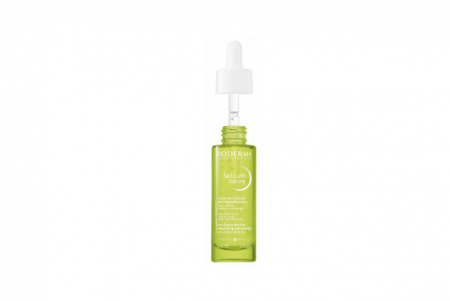Salicylic and hyaluronic acids benefit the skin work in different ways. Naturally present in the bodyskin, hyaluronic acid is a humectant, collecting water and vapour which helps to keep your skin hydrated. As for salicylic acid, in skincare products, it’s best known as an ingredient known especially for skin renewal. Combined in a single skincare product, such as a serum, the two acids bring four main advantages.
1/ Exfoliating and cleansing pores: Salicylic acid exfoliates the skin, removing dead skin cells. Because it is an oil soluble molecule, it helps to unclog pores and reduce their appearance.
2/ Reducing inflammation: By exfoliating and keeping pores clean, salicylic acid serums also helps to reduce inflammation. Without bacteria and dirt that collected in the pores removed, there is much less cause for irritation and inflammation.
3/ Anti-ageing: Both hyaluronic and salicylic acids act on signs of ageing, helping skin to stay smooth and giving it extra volume.
4/ Hydrationng: More than simply moisturising skin, hyaluronic acid benefits the helps skin by retaining moisture, so that it stays hydrated and in good health.



